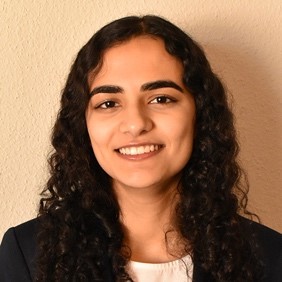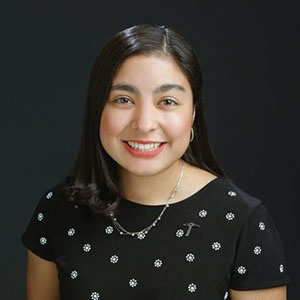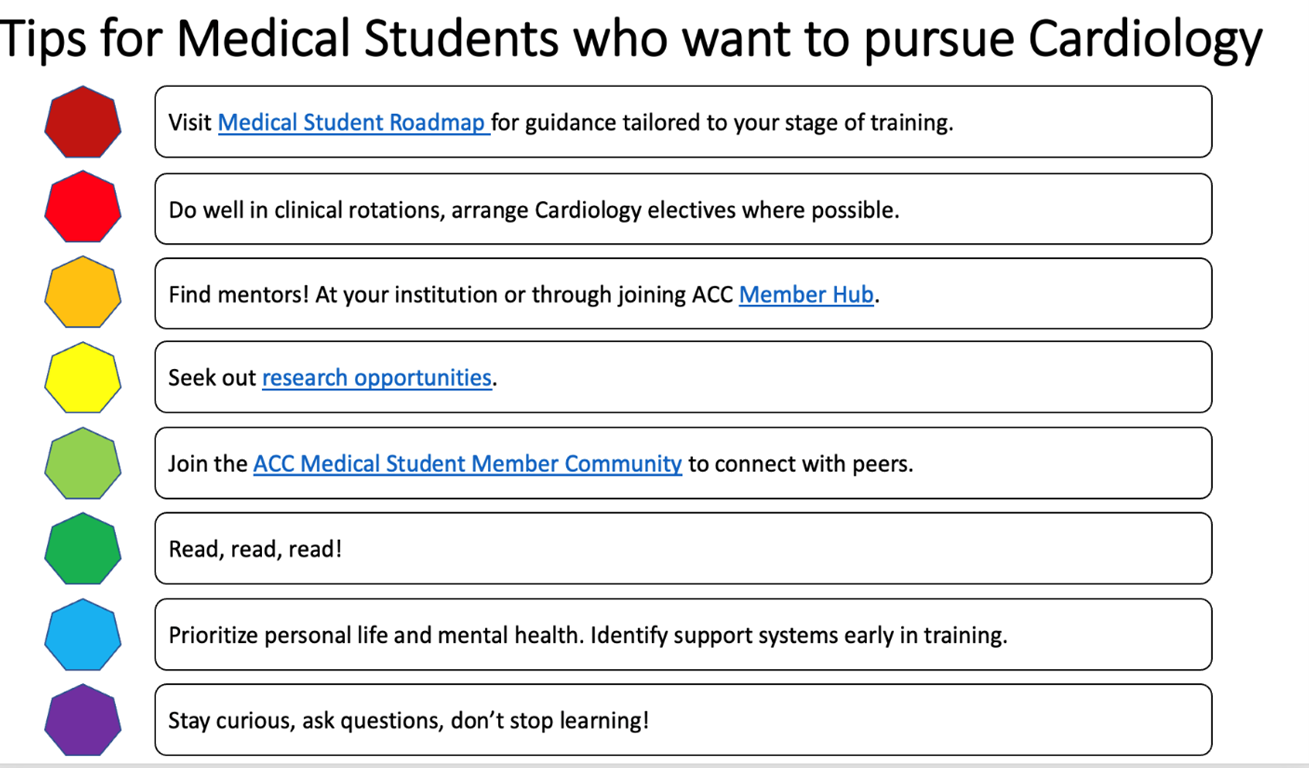A Guide to Cardiology for Medical Students
 Anusha Gandhi
Anusha Gandhi
The road to cardiology may seem intimidating, especially when you're a medical student. Here are 10 tips for medical students interested in pursuing cardiology, as well as perspectives from Adriana Mares, MS and Anusha Gandhi, BA, co-chairs of the ACC Medical Student Leadership Group (MSLG), on their journey to becoming future cardiologists.
Why cardiology?
Mares: I became interested in cardiology during middle school when I learned about both of my grandfathers' sudden cardiac deaths, which denied me the privilege of meeting them in person. Their untimely deaths have inspired my mission to mitigate the burden of heart disease and help improve access to cardiovascular care for those who need it most — like my grandfathers.
Gandhi: The main thing that drew me to cardiology is the potential to incorporate multiple interests in my career! Whether it is performing procedures, providing inpatient and outpatient care, interpreting imaging, and more; cardiology allows you to pursue all those options. Cardiology is at the intersection of many specialties, and with emerging fields such as cardio-oncology on the horizon, incredible pharmacological developments, and groundbreaking ongoing clinical trials, the field is truly poised at the forefront of medical advances.
 Adriana Mares
Adriana Mares
How did you find your mentor?
Mares: Throughout my 10 years of volunteering at cardiology departments at various hospitals, I found my greatest mentors in Debabrata Mukherjee, MD, MS, FACC, FSVMB, FSCAI, FICA, and Harsha S. Nagarajarao, MD, FSCAI, because their support and guidance illustrated that they genuinely cared about my career and have purposefully opened many doors of opportunity for me.
Gandhi: I strongly believe that mentors can be found everywhere and anywhere. I found mentors in physicians I shadowed during my undergraduate years, in medical school professors whose classes I enjoyed, in leaders of professional organizations such as ACC whose interests and work I admire, and in people I've worked with during my clinical rotations!
What tips have you been given to seek out research opportunities at your institution?
Mares: Work closely with your mentor and express interest in their current projects; then, when the opportunity arises to participate in one of their projects, be sure to be ready to step up to the plate and work on the project from start to finish.
Gandhi: First, reach out to people directly and express genuine enthusiasm and interest in their research! Ask to have a brief meeting and any opportunities to get involved. Second, be humble, work diligently when opportunities arise, and communicate clearly with potential mentors about timelines, goals, and interests.

How did you get involved with the ACC MSLG?
Mares: I was introduced to ACC when I presented an abstract at the 2018 ACC Scientific Sessions and began to think about the ACC as the professional home for the global cardiology community. I joined the inaugural MSLG to deepen my involvement, and in the past three years, have been fortunate to serve as editor-in-chief and one of the current co-chairs. I am grateful for the professional and personal growth, in leading a diverse group of dedicated students who share not only a passion for cardiology, but also a goal to inspire the next generation of cardiologists.
Gandhi: I joined during my first year of medical school to meet, collaborate with, and learn from other students and leaders who are passionate about cardiology!
What have been some of MSLG's most meaningful initiatives?
- Perspective Pieces – We publish stories written by members to give opportunities for students to voice their opinions and share experiences (shoutout to co-creator, Gurleen Kaur, MD)
- Cardiovascular Research Initiative – We provide 60+ medical students globally the opportunity to collaborate with our mentors to write peer-reviewed journal articles. There are currently 6 articles in progress and one in-press. Additionally, our members have participated in a rigorous 1-month Systematic Research Curriculum from the University of Oklahoma Health Sciences Center under the mentorship of Zain Ul Abideen Asad, MD, MS, FACC, to learn how to conduct a systematic review.
- Diversity & Inclusion initiatives – We aim to highlight underrepresented groups in cardiology and provide inspiration and resources for students.
- Leaders in Cardiovascular Research interview series - Our members interview leading researchers and healthcare experts about their work, experiences, and advice for students.
These are some wonderful perspectives to guide medical students who may be trying to find mentors, figure out "next steps" once they've committed to cardiology, or if they are still trying to figure out if cardiology is the right fit. Keep growing and be intentional with how you develop academic, clinical, research and other professional skills.

This article was authored by Tripti Gupta, an FIT at Ochsner Medical Center. Twitter: @T_GuptaMD.
This content was developed independently from the content developed for ACC.org. This content was not reviewed by the American College of Cardiology (ACC) for medical accuracy and the content is provided on an "as is" basis. Inclusion on ACC.org does not constitute a guarantee or endorsement by the ACC and ACC makes no warranty that the content is accurate, complete or error-free. The content is not a substitute for personalized medical advice and is not intended to be used as the sole basis for making individualized medical or health-related decisions. Statements or opinions expressed in this content reflect the views of the authors and do not reflect the official policy of ACC.